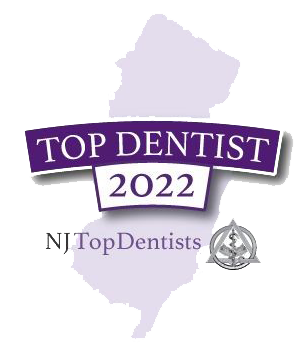
Signs Your Headache May Be Caused by TMJ Disorder

A headache is a common symptom of TMJ disorder. But because headaches are often linked to other conditions or can occur alone, it may be difficult to determine whether it is linked to a problem with the temporomandibular joint (TMJ). In fact, a recent study found that headaches related to TMJ disorder are often misdiagnosed as tension headaches. In this blog post, Dr. Ivan Stein of Headache & TMJ Center of New Jersey explains how headaches and TMJ disorder are related. He also shares common signs of when a headache is linked to TMJ disorder.
How Headaches and TMJ Disorder Are Related
TMJ disorder is caused by chronic stress on the TMJ, which leads to bite misalignment or an imbalance in the jaw muscles. Stress on the TMJ can be caused by an array of issues, including teeth clenching and bruxism (teeth grinding). The pain and tension caused by clenching and grinding can easily travel to other areas, including the head (causing headaches), ears and neck. Headaches caused by TMD are usually accompanied by other symptoms, so it is important to know them. These symptoms include:
- -A popping or clicking sound in the jaw
- -A locked jaw
- -Pain around the temples and back of the head
- -Earaches or ringing of the ears
- -Spasms in the jaw
- -Difficulty swallowing
- -Back pain or poor posture
- -Blurry vision
- -Loss of hearing
- -Sinus pain
- -Pain in the eye area
- -Tenderness and pain throughout the face
- -Swelling on the side of the face
Diagnosing TMJ Disorder
Headaches and other symptoms of TMJ disorder can be quite painful — so much so that they can interfere with daily life. The good news is that there are several treatment options available. If you suspect your headaches are related to TMJ disorder, Dr. Stein can meet with you to conduct a thorough evaluation. In order to properly diagnose TMJ disorder, Dr. Stein will perform several tests. He may also take X-rays of your mouth and jaw to evaluate the alignment of your bite, and he may conduct a clench test. If one or more teeth are in pain when you bite down during the test, your pain may be a result of a bad bite. The specific tests used to diagnose TMJ disorder will depend on your symptoms.
To schedule an appointment with Dr. Stein, please call the Headache & TMJ Center of New Jersey at (855) TMJ-DOCS or (855) 865-3627.

